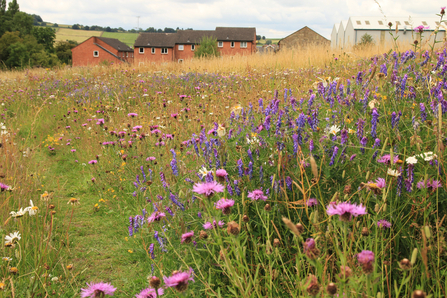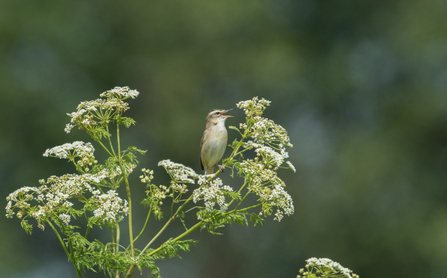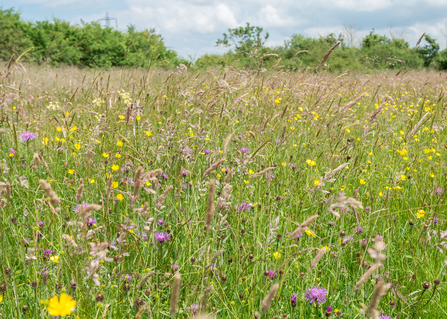
Government’s proposed BNG u-turn will harm nature across Berks, Bucks & Oxon
Red kite © Luke Massey/2020VISION

BNG was introduced to ensure that new developments leave nature in a better state than before. But under new plans out for consultation, smaller developments, which make up over 70% of all housing projects in England, could be exempt. BBOWT says this would cause widespread damage to local wildlife, green spaces and community health.
Estelle Bailey MBE, Chief Executive of BBOWT, said:
“This is an alarming and shortsighted proposal from a Government that just months ago promised to put nature at the heart of development. Here in Berkshire, Buckinghamshire & Oxfordshire, smaller housing developments often take place in or near treasured wild spaces that are home to declining species like hedgehogs, bats and wild bees. Removing BNG requirements would not only jeopardise the survival of these habitats, without any obligation to restore or replace them, but it would also see generations to come living in dwellings devoid of nature.”
BNG can be delivered within developments or off site; meaning, if the offset is to occur off site, developers can pay for biodiversity gains on land they do not own. At BBOWT we have worked with partners, local authorities, and developers to create two habitat banks - Duxford in Oxfordshire and Ludgershall in Buckinghamshire; enabling us to provide suitable land for developers to discharge their BNG obligations.

Sedge warbler at Duxford by Andrew Marshall
The Government is consulting on whether BNG should continue to apply to small developments and whether more developments should be exempted. Currently, small sites are generally developments with nine houses or fewer, although the consultation is also looking at changing the rules for developments of up to 49 houses. If small sites are removed from BNG, potentially around 80% of demand for BNG units will be wiped out. We will see no more Ludgershalls or Duxfords and we will be taking a huge steps backwards in our environmental ambitions.
Matthew Stanton, BBOWT’s Director of External Affairs and Land Recovery, said:
“Letting some developers off the hook now punishes those who’ve done the right thing. It undermines the trust and momentum we’ve been building locally. It tells communities that nature doesn’t matter unless it’s big or easy to quantify, which is the opposite of what we need during a nature and climate crisis. BNG isn’t just about numbers, it’s about making sure that new homes are good places to live. Stripping BNG from small developments is a clear backward step that we urge the Government to reconsider.”

Ludgershall Meadows by Andrew Marshall/Go Wild Landscapes
Small patches of wild space like urban verges, hedgerows, and remnant orchards, may seem insignificant alone, but cumulatively they form the vital green threads that hold ecosystems together. These pockets of wildlife improve people’s lives by reducing air pollution, helping to prevent flooding, and offering daily contact with nature for communities already short on it.
BBOWT is calling on MPs, local authorities and the public to oppose the rollback and defend the policies that help nature recover in our towns, cities and countryside alike. Take a simple action to help defend nature in your patch by adding your name to the thousands of people who have written to their MPs to demand better environmental protection in new planning laws.
